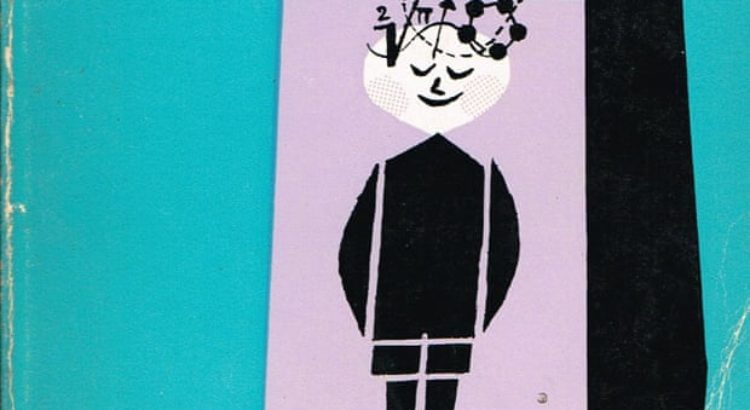By: Yvonne Roberts.
You are 15, your school building is falling apart, your teachers long ago lost faith in the power of aspiration, and you learned early on that you are considered a loser in life’s game of snakes and ladders, so how do you feel? Grim, obviously– but, as we learned last week, not as grim as your peer in Turkey. That is little cause for cheer.
In its latest social mobility report, the Organisation for Economic Co-operation and Development (OECD) said that the poorest pupils in this country were more unhappy and discouraged than in any other developed country bar Turkey. Fewer than one in six feel resilient, satisfied with their lives and integrated at school, compared with an OECD average of one in four – one in two in the Netherlands.
One in six represents a huge swathe of our future. The OECD report also said that disadvantaged children in the UK who are educated together are two years behind those in schools with middle-class pupils.
At the current rate of “progress”, it will take 50 years to reach an equitable education system. Something is going badly wrong. It impacts on hundreds of thousands of children and young people. Yet, so far, across the political parties, and for decades, there has been a lack of imagination about what needs to be done to tackle such profound levels of misery, class division and wasted human capital.
At least in the 1940s we made no bones about it. The Education Act 1944estimated the country would need 80% manual workers and 20% clerical and professional staff for the postwar industrial economy. Now technology rules – the robots are coming. Even the middle classes are in peril of sliding down the snake, while those anchored to the bottom will continue to have little money, poor health and shocking housing.
For Labour, social mobility has traditionally meant focusing on the cleverest poorer children, measured in non-vocational terms. In 1959, the arrival of the 11 plus incensed the social entrepreneur Michael Young, Lord Young of Dartington, co-creator of the Open University among other ventures. He saw too many children prematurely branded failures.
Sixty years ago he published The Rise of the Meritocracy, a dystopian satire in which he presciently detailed the rise of women and national populism. The narrator, a sociologist, describes the negative outcomes of a system in which the elitist hereditary principle has been replaced by a society based on the formula, IQ + Effort = Merit. This system ossifies into yet another self-serving oligarchy. What Young believed is this “merit” – genes dictating the ability to pass exams, – fails to take into account the value to society of virtues such as kindness, courage, imagination, sympathy and generosity.
Education in the UK has always been a middle-class mincing machine in which too many poorer children are written off too soon because they don’t display certain habits of mind. “Effort” is very much harder in a damp, overcrowded, unheated home. Andreas Schleicher, OECD director of education and skills, said last week that, in the UK, poorer children did better in schools with a good disciplinary regime, by which he meant an environment for learning in which pupils respected and trusted teachers, and teachers had high expectations of pupils.
Arguably, what fosters that mutual respect is an understanding of the influences on children in all their diversity. For instance, a 10-year American study showed that parents of children from a low socio-economic group valued obedience, neatness and honesty, while middle class parents emphasised curiosity, self-control and consideration. We know that early years and schools can do much to compensate for this when a child does not come from a home bursting with social skills, activities, tutoring, self-discipline and ambition – so why do we still do so little?
Young, in his own patriarchal way, was trying to redefine what is meant by social mobility and “success”. How do we create a fair society in which every individual is able to develop what economist Amartya Sen called “capabilities” – the right to feel of value, to engage in society, to have the resources to live a thriving life, not merely survive? The aim, for all our sakes, ought to be that six out of six poorer pupils have the knowledge that life offers promise.
Fuente del artículo: https://www.theguardian.com/society/2018/oct/27/education-inequality-uk-schools-failure-of-meritocracy







 Users Today : 69
Users Today : 69 Total Users : 35460200
Total Users : 35460200 Views Today : 98
Views Today : 98 Total views : 3418881
Total views : 3418881